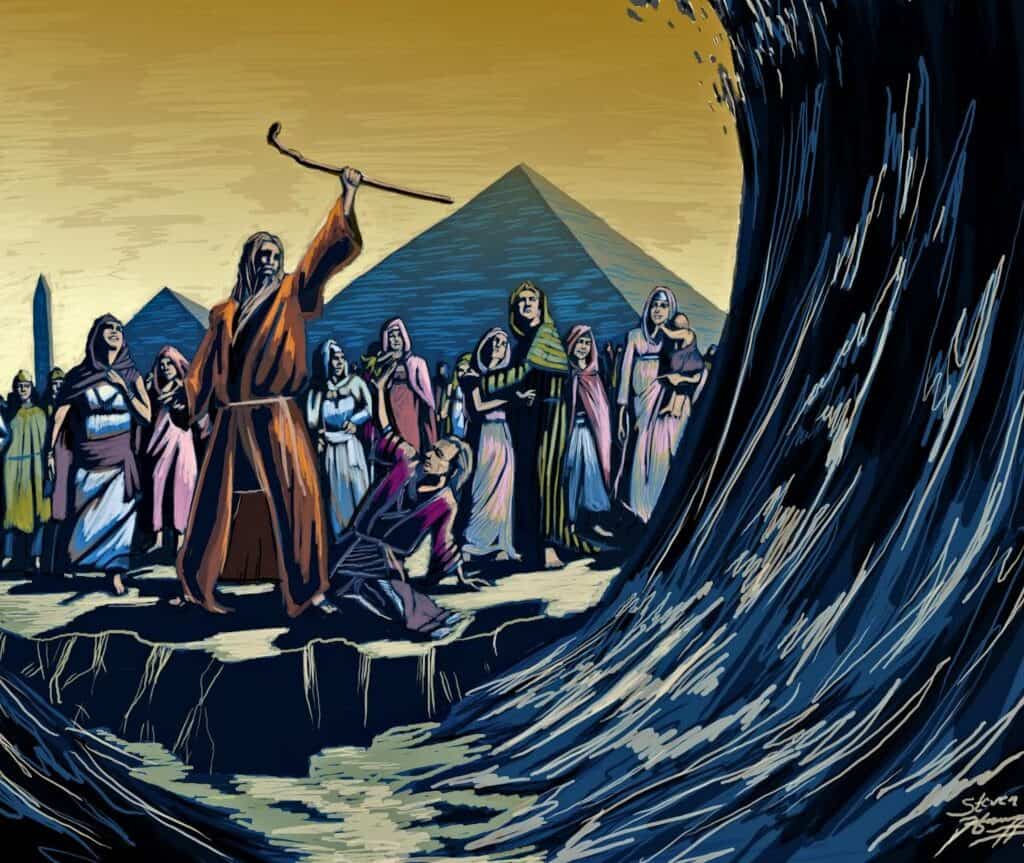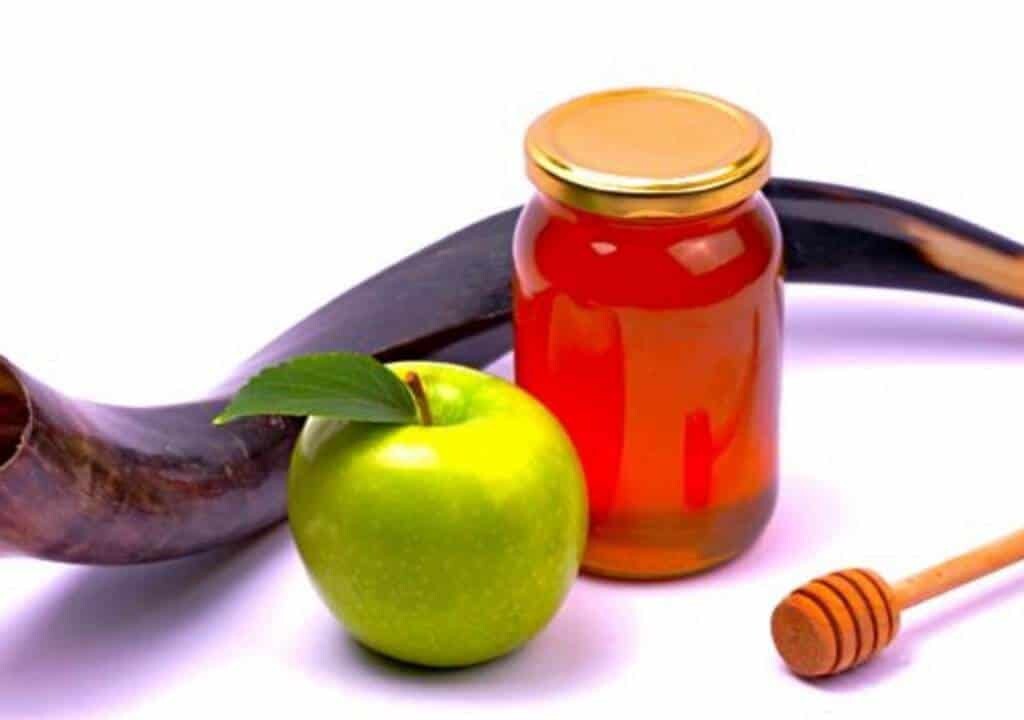Dual Liberation: Traditional and Messianic
Passover is a time of dual commemoration: on one hand, we remember the liberation of the Israelites from Egyptian slavery and on the other, for Messianic Jews, it also represents the liberation of humanity from the bondage of sin, death and wickedness through the passion, death and resurrection of Yeshua.
The Torah, specifically in the Book of Exodus (Sefer Shemot) 13:7-8, mandates that during Passover, matzot should be eaten for seven days and no leaven shall be seen in the home. This command is not only a dietary instruction but also a spiritual mandate and a reminder of historical memory:
“And on that day you shall tell your son: It is because of what the Lord did for me when I came out of Egypt.”
The Feast of Unleavened Bread and Its National Significance
The Feast of Unleavened Bread, known as Passover, marks the birth of the people of Israel as an organized nation with its own distinct culture, religion and beliefs. Interestingly, the Hebrew word “Pesach” means “to pass over,” referring to the act of the Angel of Death passing over the homes of the Israelites while executing the tenth plague in Egypt:
“It is a festival sacrifice of Passover to the Lord, Who passed over the houses of the Children of Israel in Egypt when He smote the Egyptians but saved our houses.” And the people bowed their heads and worshiped.
The Ethics of Celebrating Passover
Furthermore, Passover offers a significant ethical lesson. According to the sages of the Talmud, one should never rejoice over the downfall of an enemy, as the harm celebrated could rebound upon the person. This teaching aligns with the highest ethical axiom of both traditional and Messianic Judaism.
From a Messianic perspective, the festival of Passover serves as a reminder of liberation from the slavery of sin, symbolized by the blood shed on the cross of curse by Yeshua, who is the true Passover lamb. True freedom comes from knowing the truth, as quoted in the Book of John (Sefer Yohanan) 8:32-36: “and you will know the truth and the truth will set you free.”
Thus, Passover not only commemorates a historical event but also invites deep reflection on freedom, ethics and spirituality in our lives.
The Truth in Passover and the Liberation from Slavery
This festival is a time to reflect on the inclination towards evil, known in Hebrew as yetzer hara. Just as leaven causes dough to ferment and rise, so too can our wickedness expand if unchecked, as taught in 1 Corinthians (Sefer Koryntim Aleph) 5:6-8:
“Your boasting is not good. Don’t you know that a little leaven leavens the whole batch of dough? Get rid of the old leaven so that you may be a new batch, just as you are unleavened. For Christ our Passover lamb has been sacrificed. Therefore let us keep the Festival, not with the old leaven, the leaven of malice and wickedness but with the unleavened bread of sincerity and truth.”
The Paschal Lamb and Yeshua, the Messiah
The Paschal lamb, whose blood was marked on the doorposts during the first Passover to protect the Israelites from the Angel of Death, prefigures Yeshua, whose sacrifice cleanses us from wickedness and destruction. 1 Corinthians 5:7 reinforces this analogy:
“Clean out the old leaven so that you may be a new batch, as you really are unleavened. For Christ, our Passover has been sacrificed.”
A crucial detail in the symbolism of the Paschal lamb is that its bones were not to be broken, a command that was even fulfilled during the crucifixion of Yeshua, as confirmed by John 19:36 and Psalm 34:20.
Analysis of the Symbols of the Passover Seder
During the Seder, each element has a profound meaning that connects the story of the Exodus with the redemption offered by Yeshua:
- The Matzah: symbolizes both the bread of poverty and affliction as well as the body of Yeshua, which was broken. It represents the haste with which the Hebrew people left Egypt and the simplicity of a life free from sin.
- The Wine: four cups of wine are drunk during the seder, representing the four promises of redemption mentioned in Exodus 6:6-7. Additionally, the wine symbolizes the blood of Yeshua shed on the cross of curse, thus offering redemption to humanity.
This profound symbolism in the celebration of Passover invites us to reflect on the liberation from our own personal and spiritual enslavements, recognizing how each aspect of the festival can guide us towards a life of sincerity, truth and genuine freedom…




